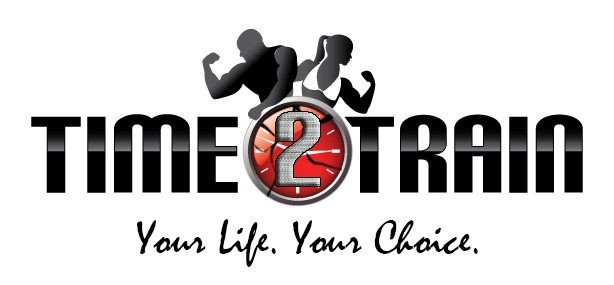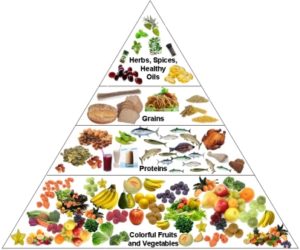Keto Diet. Good or Bad?
Don’t Cut the Carbs!
Great athletic performance and superior bodies are graded upon how much body fat an individual carries in these days and times. People go to the extremes of eating very little and running on a treadmill until the belt starts to smoke. A popular diet that many try is called the Keto Diet. Individuals lower their carbohydrates down next to nothing and eat massive amounts of meat for protein. This can be both good and bad if not monitored by a nutritionist. So is a Keto Diet Good or Bad?
The Good
Here is the good part. You will probably lose weight faster than you have in the past. Your body is missing a main source of its daily energy, and has to pull it from somewhere, why not from body fat stores? Hence the name of Keto (Ketogenic) Diet!
The Bad
Here is the bad part. Your body is a very smart cookie and when it senses an energy deficit (such as fuel in a car) it halts and diverts energy from important process that help you function better. In study by Elliott-Sale et. al. 2018 it was found that in a energy crisis the body took energy from processes such as bone health, metabolic function, enzymatic actions, menstrual function in women, reproduction function in male and female, and the disruption of hormones. It also increases the secretion of a hormone called cortisol which encourages the storage of fat and alters the mood negatively. This means a malfunctioning sex drive and you might get FATTER if you fall off the wagon. On top of it all remember this, THE BRAIN RUNS ON GLUCOSE! Glucose is the bodies vehicle for traveling carbohydrates around your body.
You don’t have to result to crazy lengths like cutting out an entire Macro nutrient to lose weight and feel good. Its all about balance. You have to find out what your body needs per day and just be mindful of this number. Its easier than it seems Believe Me. And you can eat what you love, just don’t love it to death. So the moral of the story is balance , don’t run.
References
Elliott-Sale, K. J., Tenforde, A. S., Parziale, A. L., Holtzman, B., & Ackerman, K. E. (2018). Endocrine Effects of Relative Energy Deficiency in Sport. International Journal of Sport Nutrition & Exercise Metabolism, 28(4), 335–349. Retrieved from http://search.ebscohost.com.cucproxy.cuchicago.edu/login.aspx?direct=true&AuthType=cookie,ip,cpid&custid=s8419239&db=s3h&AN=131027213&site=ehost-live


Recent Comments